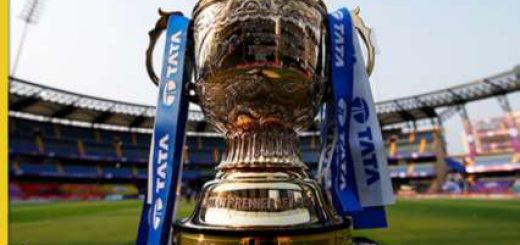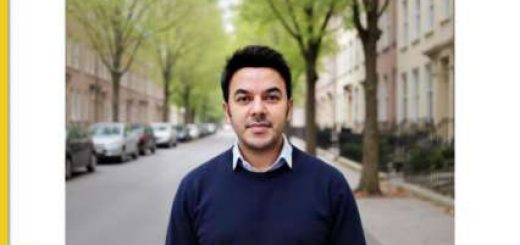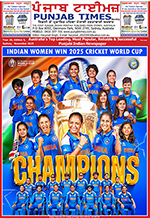Return of the Melody
In Krsna’s larger scheme of things, Bollywood is a platform for his higher calling of making international music.
In the mid ’80s, a 10-year-old Amitava Sarkar from north Kolkata’s Teghoria listened to an album on a friend’s cassette player that changed his life forever. It was Michael Jackson’s Thriller and it sounded unlike anything he had heard before. “Something happened to me, the voice connected and it sounded kind of futuristic,” he says. Today, we know him as Krsna Solo — the composer of Tanu Weds Manu (TWM, 2011) and its upcoming sequel Tanu Weds Manu Return (TWMR).
Even though his first film album was a throwback to old school Hindi melodies with Hindustani semi-classical flourishes, Krsna only trained in Hindustani classical music two years before working on TWM. “The ultimate dream was, and still is, to make music that reaches a worldwide audience. The name ‘Krsna’ has a global appeal as everyone knows the word. And ‘Solo’ is a Western surname. It’s like a screen name I’ve adopted for myself as a musical identity,” he says, when we meet him in a studio in Andheri, Mumbai, where he is doing the final mixing of tracks
for TWMR.
In Krsna’s larger scheme of things, Bollywood is a platform for his higher calling of making international music. The orchestral background score and minimal sound design you hear in the controversial BBC documentary India’s Daughter is composed by him. “When I heard about the project, I got in touch with the producer. I sent her a sample that I’d made on the brief. Soon, I was on board,” he says. In the same fashion, he recollects, he bagged his big break with director Aanand L Rai for TWM.
So, how are we meant to connect these seemingly disparate dots that make up Krsna’s career? He is an old school Hindi film composer at heart. He laments the decline in the art of playback singing and believes that a great melody is intrinsic to a composition.
At present, it is becoming increasingly difficult to keep the sanctity of film music and to separate it from the pressures of the market. Krsna himself has rejected several offers that wanted him to be a part of albums with multiple composers — resulting in a couple of minor projects between TWM and TWMR. In that respect, he feels lucky to have found a collaborator in Rai. “I need a free hand with the film. Otherwise, I feel strangely distanced. Aanand has a great ear for music, and he will never ask for a song that isn’t a part of the film and will only be used for marketing,” he says.
With TWMR, which is bigger in scale, the music will lose some of its small town charms of the first part that resulted in gems such as Kitne Dafe and Rangrez. With the inclusion of urban elements in the movie, the album will see the use of electronic music and a full-blown jazz number. About the latter, he says, “Despite being truly jazz, the lyrics are very Indian, and you know they belong to the world of TWM.”
With no one in his family connected to the arts, Krsna quietly dreamt of going to Mumbai one day. “For the longest time I didn’t know how to play an instrument. But I would create entire compositions with my voice. I could see the song but didn’t know the science behind it. Luckily, I turned to computers early in life without which, I wouldn’t have been a musician,” he says.
It’s been a long struggle, but some of his English songs will be out this year. What keeps him going is that first spark for music when he was 10-years-old. “I remember asking myself, if listening alone gives me so much pleasure, I wonder how it would be to create,” he says.
Source:: Indian Express







